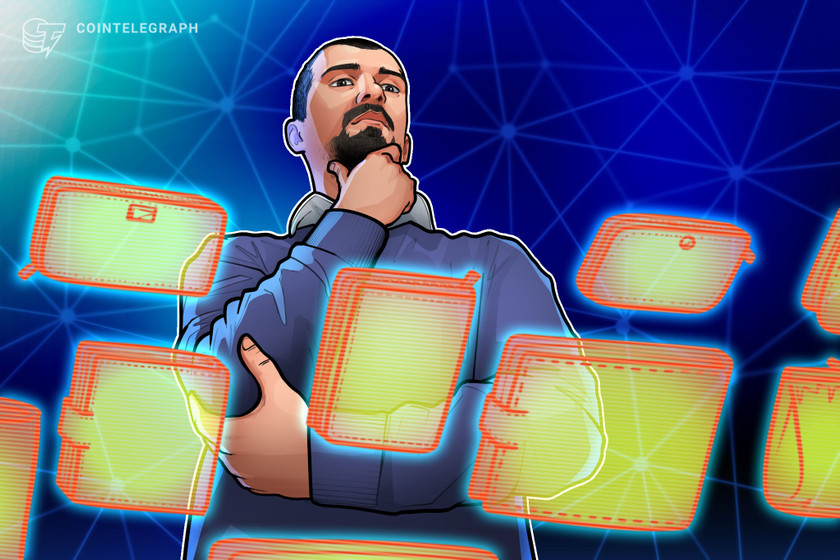
DeFi wallets provide users with a gateway into the world of decentralized finance; the only caveat is finding the one that best supports a user's financial goals.
Which wallets are worth considering?
The SafePal wallet is designed to address simplicity with a consolidated dashboard and cross-chain swapping features to support users with staking, amongst other earning opportunities.
SafePal is providing users with a solution that operates as a completely non-custodial decentralized crypto asset management platform. The solution comprises a software and hardware wallet for users both simply and conveniently, targeting users who are still reluctant to participate in DeFi.
The SafePal wallet is designed with a simplified dashboard that guides users to a series of DeFi pools without having to navigate through an overwhelming amount of DApps, prior to staking. Alongside staking are the platform’s features for auto-compounding in SafePal Earn, which will give users an additional opportunity to save money and earn passive income on all their cryptocurrency assets.
With the SafePal wallet, users will no longer use centralized exchange solutions or go through the standard centralized account registration process. Instead, users can take advantage of the SafePal cross-chain Swap feature to ensure necessary assets can be easily swapped for staking. Furthermore, an LP maker is natively built on the SafePal wallet and will create the necessary tokens for staking pools.
Currently, the team has noted several achievements over the past year, including the launch of a token on Binance Launchpad and the solution reaching the position as the number one tokenized hardware wallet, with over 2 million monthly active users.
Disclaimer. Cointelegraph does not endorse any content or product on this page. While we aim at providing you with all important information that we could obtain, readers should do their own research before taking any actions related to the company and carry full responsibility for their decisions, nor can this article be considered as investment advice.
What should users consider in their DeFi wallet?
Picking the right DeFi wallet comes down to selecting a solution that supports the right assets and products while offering user’s a minimum level of security, simplicity, guidance and convenience.
The number of DeFi wallets continues to increase, making it more difficult for users to determine which one is the best for them. Therefore, it becomes crucial for users to carefully weigh their options before making a selection. Among the most important considerations is the assets that the wallet supports, as naturally, not every wallet will support the asset a user is looking to hold.
The secondary consideration comes down to a reputation for security. Does the provider take the necessary steps to ensure the safety of its user? Furthermore, users will want to consider the types of products they would like access to; as mentioned earlier, while some solutions provide accessibility to staking and yield farming, others may not. After answering some of these preliminary concerns, questions of usability must be considered.
The way the market for DeFi stands, users are still met with a lack of knowledge on the industry, how to get started, and more intricate details, including how to use a multi-asset LP token, manage transactions on a decentralized exchange (DEX) or navigate new solutions and techniques.
For this reason, new users will especially want to consider the question of simplicity, namely, if the process set up by the wallet provider is streamlined to help users with concerns about the time, energy and cost to use these solutions. Finally, the question comes down to convenience and the ease at which users can access the necessary tools they need to be successful.
What is a DeFi wallet?
A DeFi wallet is a solution that provides users with complete ownership over their assets and is positioned as one of the safest storage methods available today.
As an access point, a DeFi wallet provides users with a solution that leaves the power completely in the hands of their owner. This contrasts greatly with a traditional bank, which retains control of all of the user’s assets in its holdings and requires user verification and other related information to do so.
DeFi wallets eliminate the need for a third party, a concept that further revolutionizes the financial industry. Looking at DeFi wallets generally, most operate as Web 3.0 wallets with compatibility on the Ethereum (ETH) blockchain (although this may vary).
Other similarities across these wallets include their compatibility with DeFi applications and their position as a key-based solution requiring users to retain responsibility for the safekeeping of their private key. DeFi wallets also operate with a non-custodial background, ensuring only the wallet owner has access to the funds.
For these reasons, DeFi wallets are among the safest solutions on the market. However, their security becomes a product of the user, who then may find themselves out of luck if they lose their login information.
How can users get started in the DeFi world?
Accessing decentralized finance products and services starts with a gateway, more commonly known as a DeFi wallet.
To help users get access to some of these features, DeFi wallets become key. While traditionally, these wallets were complex to use and slow to operate, they are now becoming more streamlined and easier for new users to navigate than ever before. As the core to DeFi, wallets allow users to access new financial products as a cryptocurrency gateway to Web 3.0, thereby providing freedom, transparency and ownership of a user’s assets.
What is DeFi?
DeFi refers to decentralized finance, which covers the overarching concept of eliminating financial intermediaries and provides value in the provision of more extensive use cases for blockchain technology.
DeFi is the short form of “decentralized finance,” an overarching term for the variety of products and simplified services that disrupt the financial industry by removing all intermediaries. The blockchain inspires the concept to ensure that all transactions are held in a copy of the distributed ledger, guaranteeing that there is no single source in control of the information.
Perhaps the key reason for the rapid growth in the DeFi concept is its use for payment transfers to extend to more complex scenarios. Some of the most known use cases include stablecoins, open lending platforms, yield farming, staking and decentralized exchanges. For users, these applications allow for higher interest rates than are offered in traditional banks and fewer barriers requirements for taking out a loan.

You can get bonuses upto $100 FREE BONUS when you:
💰 Install these recommended apps:
💲 SocialGood - 100% Crypto Back on Everyday Shopping
💲 xPortal - The DeFi For The Next Billion
💲 CryptoTab Browser - Lightweight, fast, and ready to mine!
💰 Register on these recommended exchanges:
🟡 Binance🟡 Bitfinex🟡 Bitmart🟡 Bittrex🟡 Bitget
🟡 CoinEx🟡 Crypto.com🟡 Gate.io🟡 Huobi🟡 Kucoin.
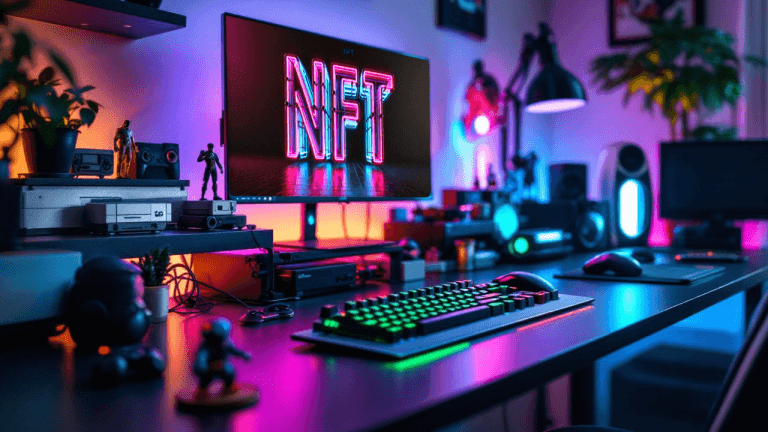




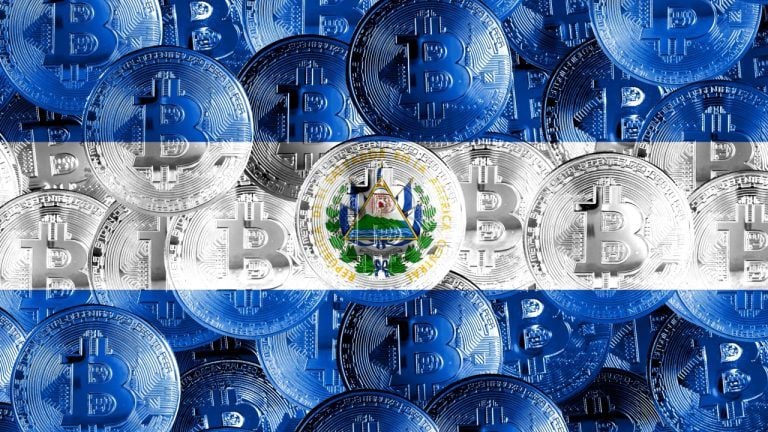


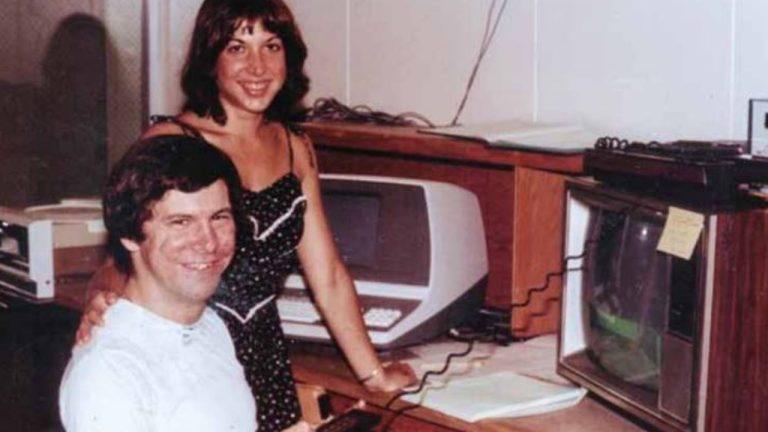


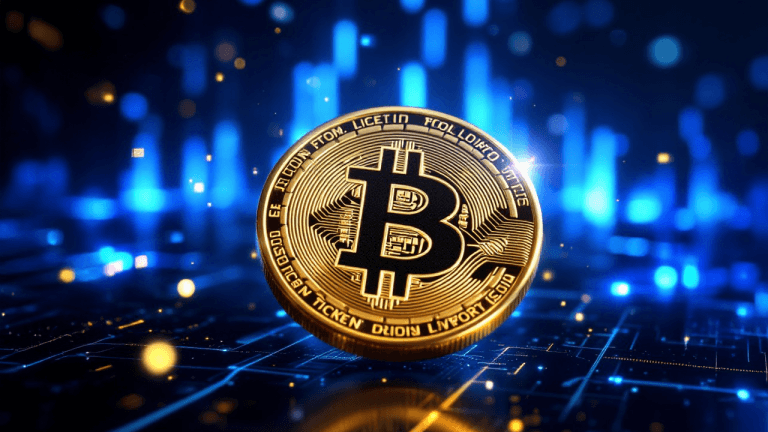
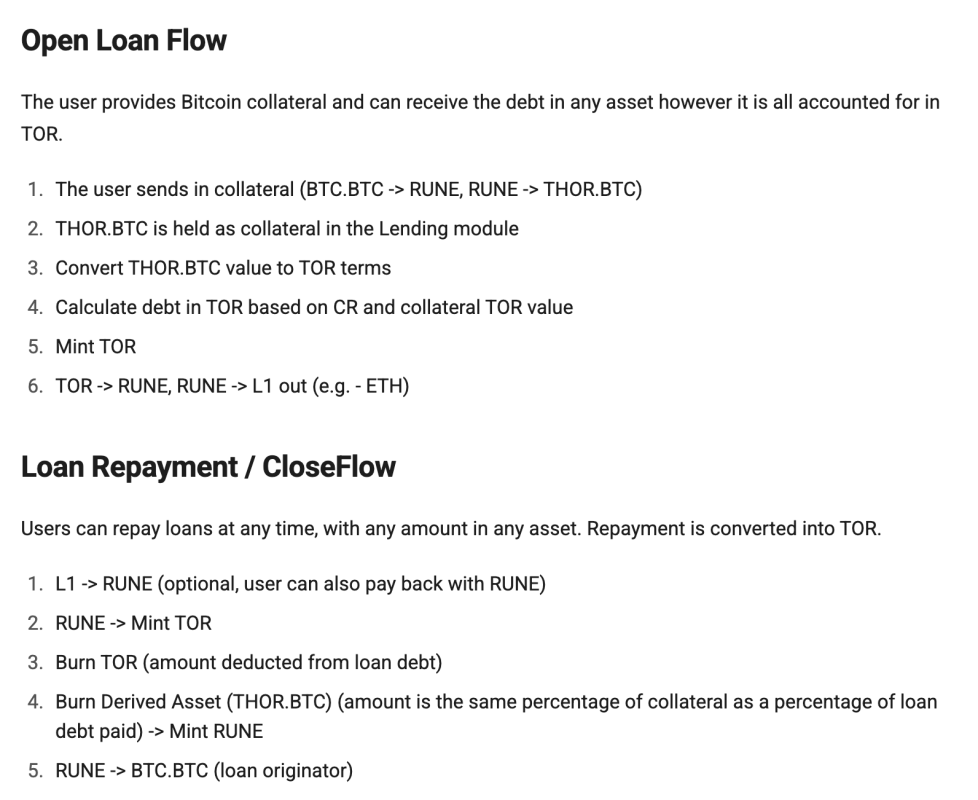



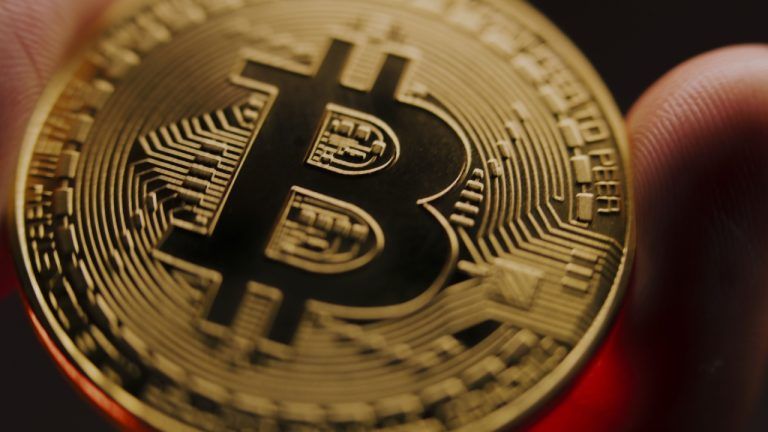
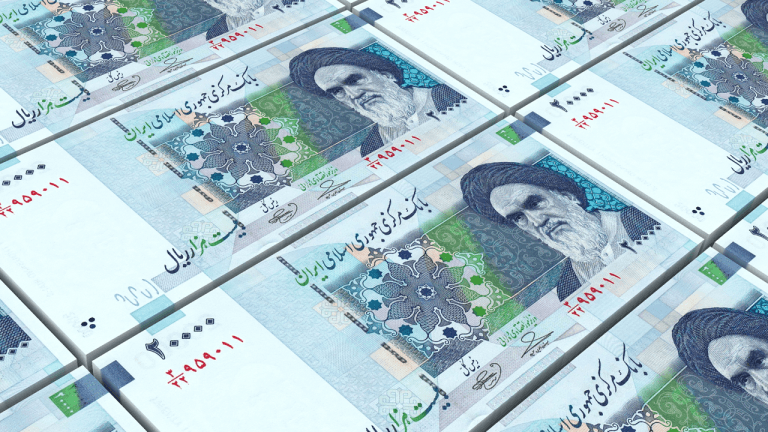
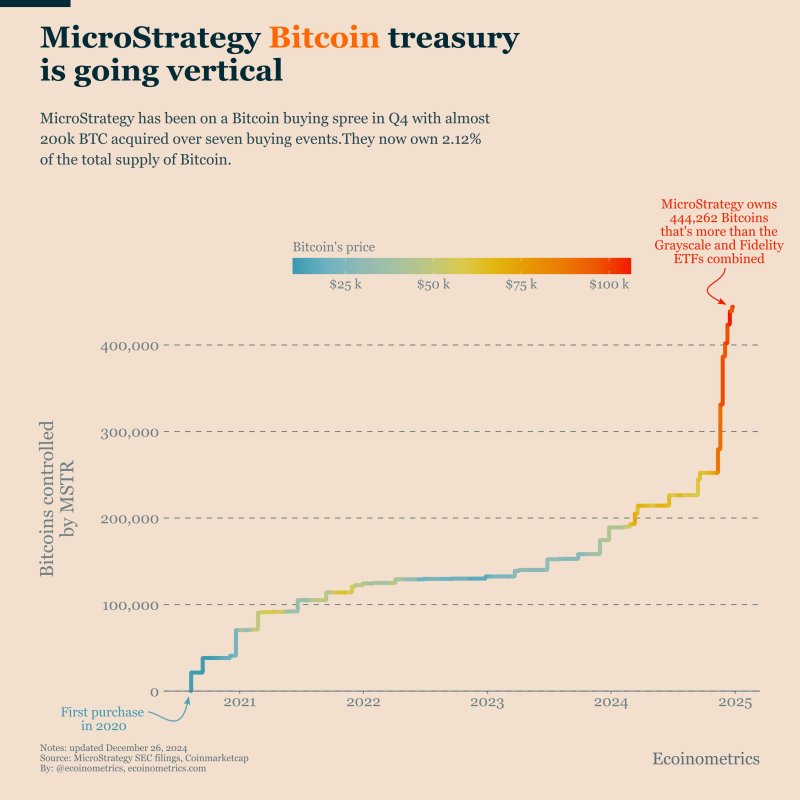
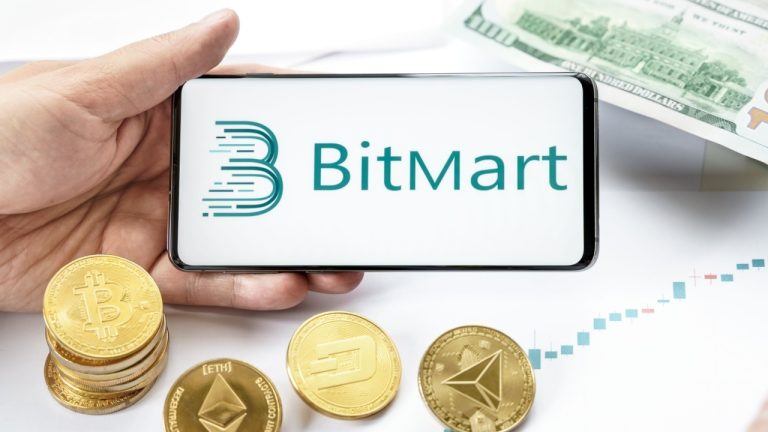
Comments